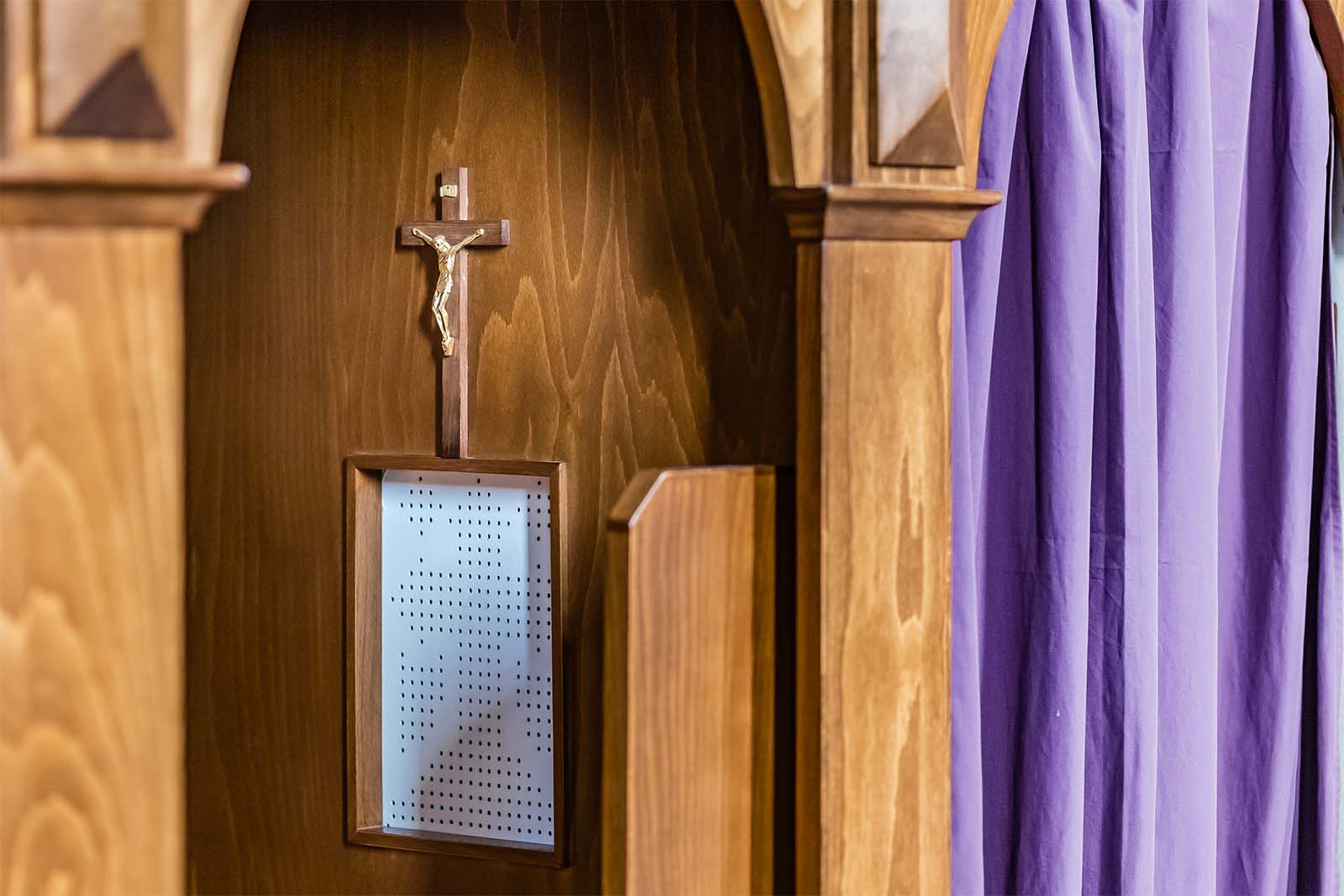“It’s been said that sin is the shipwreck of the soul. If the sin is serious, it is a fatal shipwreck. Confession is the only plank to which you can safely cling if you want to be brought back to the harbor of God’s grace.” (Canons Regular of St. John Cantius)
Recently on The Patrick Madrid Show, Patrick took a look at an article titled “Seven Tips for a Good Confession” in order to help listeners prepare themselves.
- As you prepare to go to confession, make sure you understand the distinction between mortal and venial sins. A mortal sin has been committed if the act: is intrinsically evil and immoral regarding a grave matter, was done with the full knowledge that the act is evil and immoral, and was done intentionally and of one’s own free choosing. Venial sins are everything else, the more minor sins. They are deviations from God, but not a full rejection.
- Mortal sins are to be confessed as soon as possible and before receiving Holy Communion. However, venial sins do not demand the same, regular scrutiny. They do not require that we return to confession before receiving Our Lord. In fact, the Church says that a sincere act of contrition, coupled with the reception of the Holy Eucharist, removes venial sins. While nobody should dissuade anybody from attending confession regularly, priests do want to discourage overuse of the sacrament for habitual sins. Overuse and underuse are both mistakes.
- It is not necessary to go to confession on the day that indulgences are offered for doing so. The Church says that as long as you go within twenty days of that day (before or after), that confession will count. Patrick mentioned that you may also hear the recommended time frame being “within the octave”. That means that you should go to confession, receive the Eucharist, and pray for the Holy Father’s intentions within eight days of that day.
- Do not confess sins that you have already confessed. In other words, we should only confess sins that have been committed since our last confession. The exception to this is if we forgot to confess a mortal sin our last time and we just remembered during this instance of going to confession. If you genuinely forget to confess a mortal sin, your confession is still valid. Simply bring that mortal sin to the priest the next time you go.
- Do not treat confession like spiritual direction. We should not treat our confessors like personal, spiritual directors by asking in-depth, undue questions. The priest may offer advice to defeat specific sins, but we should take that for what it is. We should be charitable to the people behind us by keeping our confessions concise: thorough but brief. Sometimes our lengthy confessions can hold up a priest from getting to people who have mortal sins on their souls, and we don’t want to deprive anybody of a clean soul.
- Confessions should be concise, specific, well-prepared, but not over-detailed. We don’t have to, nor should we, recount the grisly details of our sins to the priest. That can often lead to explanations that denote a sense of justification or even gratification in our sins. Sins can often be associated with the indulgence of self-serving actions or pleasurable things and recounting such scenes might lead to the idea of looking upon that sin fondly. Confession is a sacrament for expressing our sorrow and for asking for forgiveness from God. If we are not truly sorry for a sin, you are not really making a confession.
- The priest may give you advice that you may not like or he may say it in a way that you don’t like. Bear this advice with an open heart and an open mind. Sometimes, the Holy Spirit works in mysterious ways and if it is sound advice, it is likely He is trying to tell you something through your confessor. Basically, you may not want to hear it, but you may need to hear it!
Listen to the whole segment below:
Tune in to The Patrick Madrid Show weekdays 8am – 11am CT


